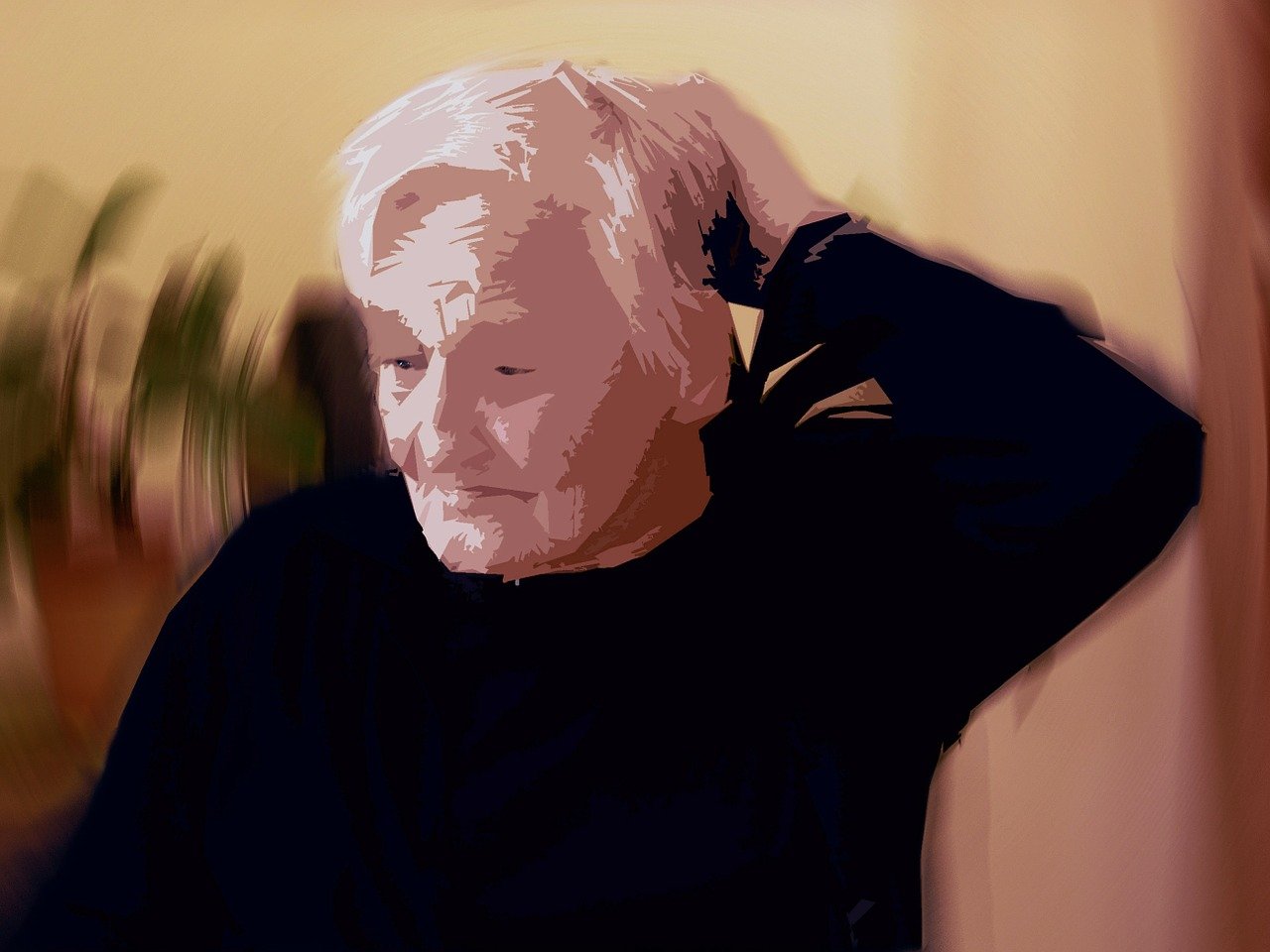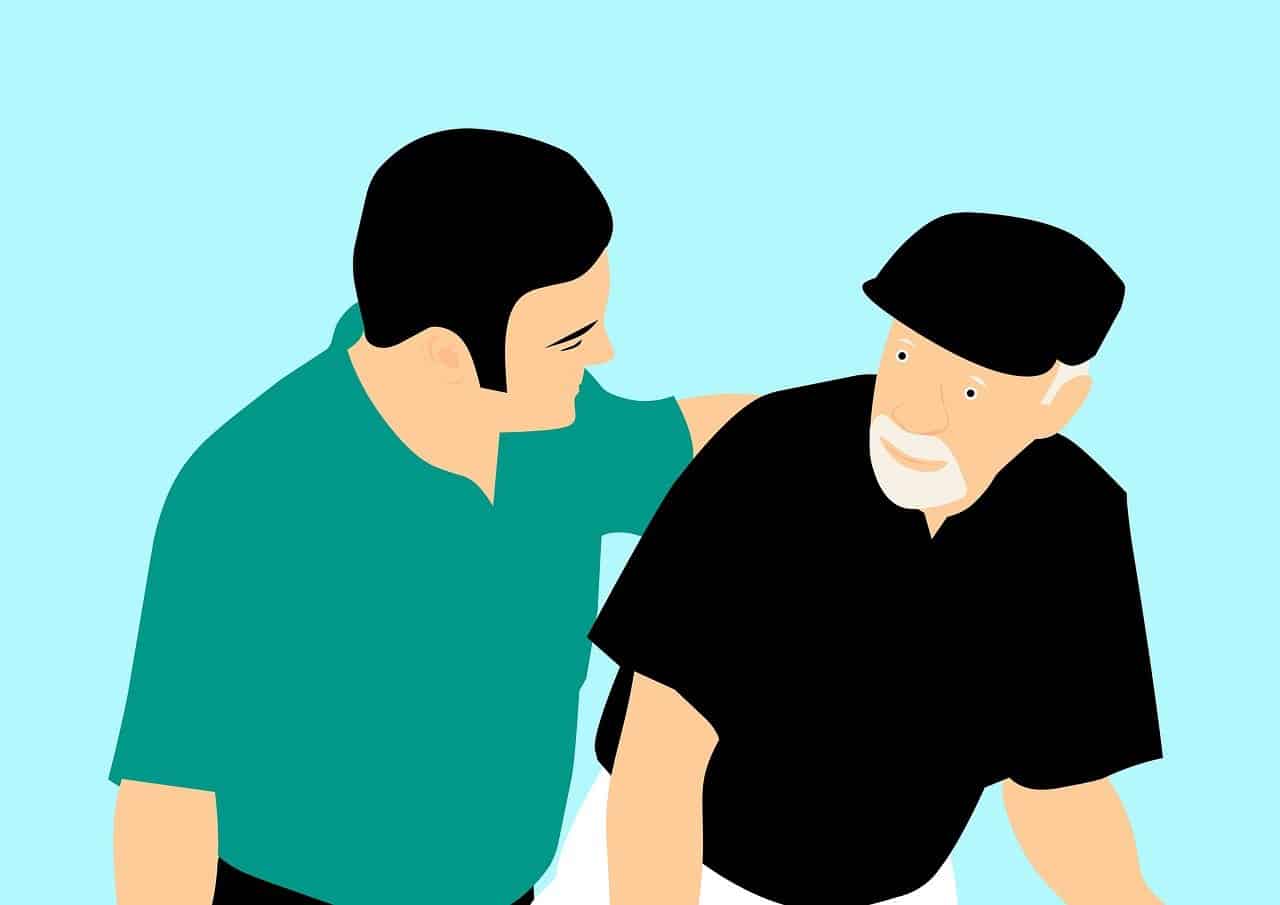
Senile dementia is a mental disorder that occurs in old age.
Senile dementia is a mental disorder that appears in old age . It is an organic syndrome characterized by memory impairment, problems in judgment and abstract thinking, and personality alterations.
Dementia is a disorder of reason that involves a progressive and irreversible deterioration of mental faculties. Those who suffer from dementia experience serious disorders in behavior and cognitive functions, to the point of not being able to continue carrying out their daily activities.
Senile , on the other hand, is something belonging to or relating to an elderly person in whom physical and/or mental decline is evident.
How to assist someone with senile dementia
When senile dementia reaches an advanced degree, the person cannot interact normally or carry out activities autonomously. That is why those who suffer from the disorder must receive permanent care. However, one of the first pieces of advice doctors give to relatives of patients with senile dementia is to allow them to do as many things for themselves as possible.
Other very common recommendations are: establish routines and schedules, to prevent the person from becoming disoriented in their daily life; keep the things you usually use always in the same places; put clocks and calendars clearly visible; Avoid access to dangerous substances and sharp objects.

Providing assistance to those suffering from senile dementia is essential.
First signs and diagnosis
Although there are many associated or similar disorders and syndromes, which makes a precise definition difficult, specialists agree that senile dementia begins after 65 years of age .
Among the first signs of its appearance are anxiety , paranoid ideas, social isolation, stress , obsessive traits, confusion of dates and locations, constant forgetfulness, extreme mood swings and personality alterations, the difficulty in remembering everyday terms and the loss of trust in the people closest to us.
To diagnose senile dementia, medicine is based on a series of methods that begin by ruling out other disorders whose symptoms are temporary memory loss and confusion. Next, it is necessary to observe the patient's clinical history to look for cases of senile dementia in their ancestors and closest relatives. Confirmation of the diagnosis can be obtained through brain scans and a neurological examination, essential steps to detect changes on a physical level.
Senile dementia and other disorders with similar characteristics
It is important to distinguish, however, between senile dementia, normal aging , depression , schizophrenia and other disorders with cognitive impairment. Each case has different peculiarities and requires different treatments.
The administration of drugs , scheduled and controlled physical exercise and a specific diet can help reduce the alterations linked to senile dementia.
Possible causes
The most common cause of this problem is Alzheimer's disease , which is found in almost half of senile dementia patients. It is a genetic disorder that destroys neurons, preventing the formation of new memories and gradually ending the functionality of the human brain .
On the other hand, there are alcoholism, steroid abuse, Parkinson's and Huntington's diseases, bacterial or viral encephalitis and multiple sclerosis; The reason is that taking certain medications to treat such problems can cause damage to brain tissue.
Another cause of senile dementia may be a deficiency of niacin and thiamine (two B vitamins); Once its levels are restored, the symptoms may be reversed. Finally, exposure to mercury or lead can also cause the onset of senile dementia.
